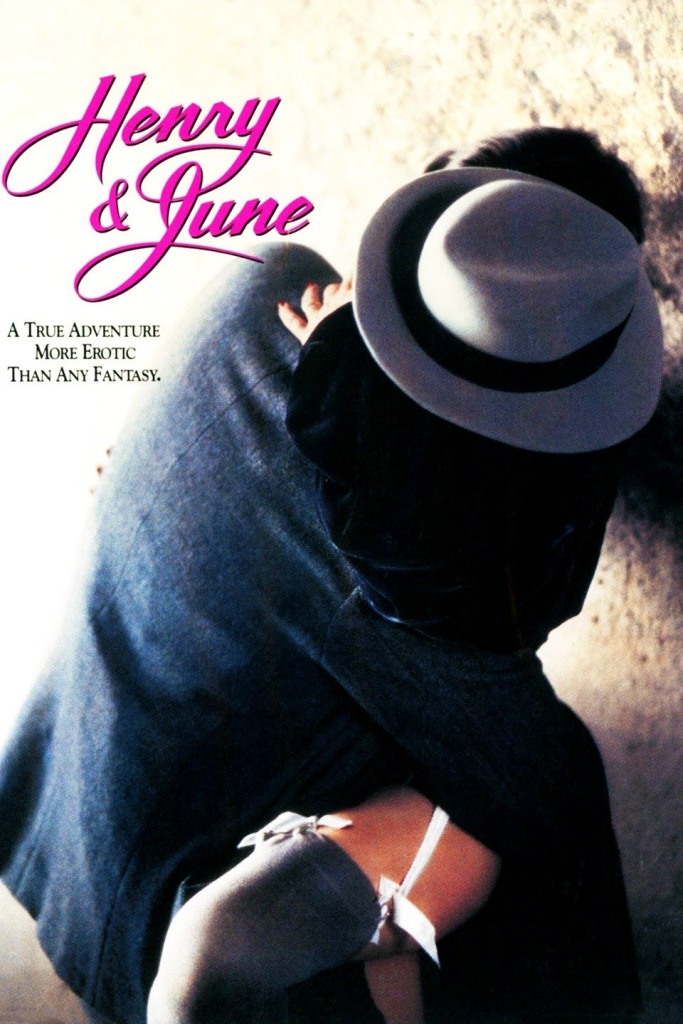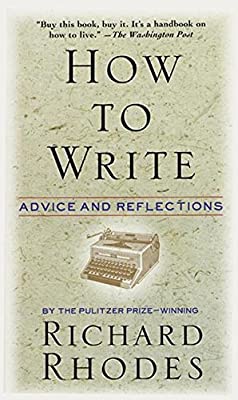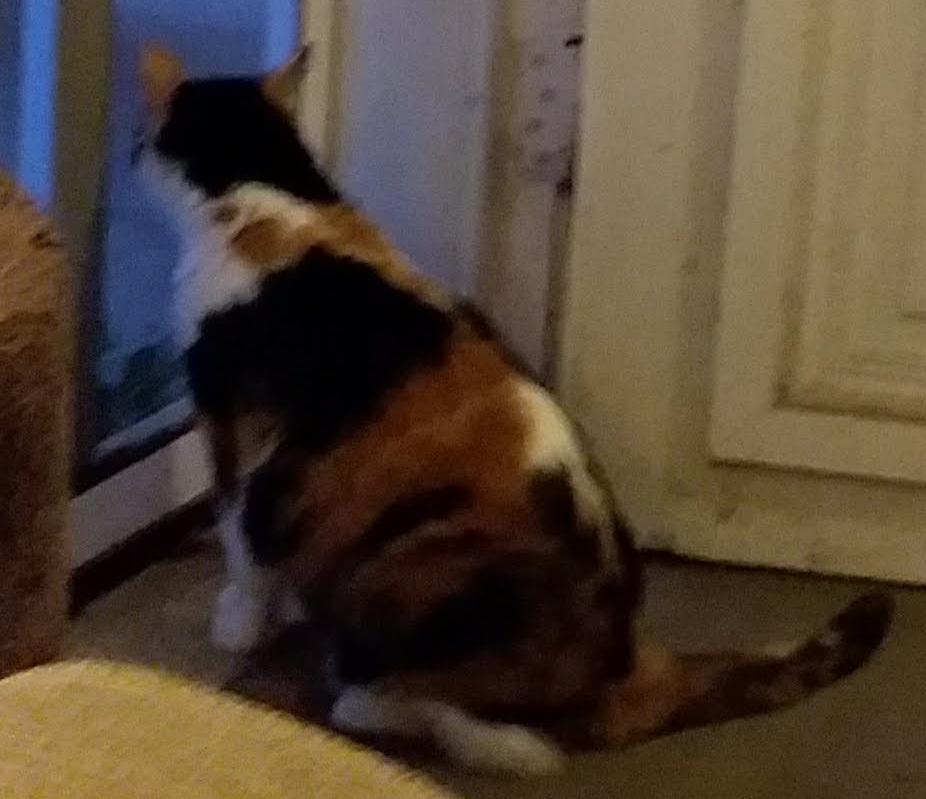
“I have no money, no resources, no hope, I am the happiest man alive.”
So writes Henry Miller early in “Tropic of Cancer.” It’s an exuberant voice, as Erica Jong notes in her biography of Miller, “The Devil at Large.” It’s an infectious voice. It certainly infected me when I first read “Tropic of Cancer” in my twenties. Almost 30 years on, I can’t remember now whether I read “Tropic of Cancer” before I saw the movie “Henry & June” or if I saw the movie first. Probably, I saw the movie first and then picked up “Tropic of Cancer,” wanting to see how the movie and book compared.
The movie is actually drawn from Anais Nin’s journals. I didn’t know that then. But, I loved the movie. I loved the way it depicted the impecunious Miller (played by Fred Ward) delighted by the joie de vivre of living, writing, and bumming his way through Depression-era Paris. The movie was much more infectious than the book for me in my twenties trying to be a writer.
“Henry & June” was the first movie I’d seen that depicted a writer’s life. It was the life for me. Disdain money. Celebrate art, freedom, what have you. If you’re a writer, you’re an artist. You shouldn’t worry about how to make a living from writing. I wasn’t worried, then, about how to make a living as a writer. I was in graduate school hoping I might one day teach lit at a university and write on the side.
The funny thing is, as I was learning to write, I rarely put too much of a thought to earning a living as a writer. Oh, I fantasized about getting paid a thousand bucks for a short story in Playboy or the New Yorker—I think Playboy might have paid better. Or, I assumed I’d write a bestselling novel, be hailed a literary genius, and never have to worry about money again. I would just write and write and write. Naive fantasies. Rock star fantasies.
As I was learning to write (fiction, primarily, because writing fiction was “real” writing) I spent a lot of time and money on how-to-write books. Some, like John Gardner’s “The Art of Fiction,” are invaluable, especially for the exercises. Others, forgettable. Even now, as someone who has written professionally as a journalist, I buy and read and even learn from books about writing. Of course, while books about writing help, you still have to write and read novels, stories, poems, essays—everything—to learn to write.
While many of these books on writing are great—another I’ll recommend here is Ursula K. LeGuin’s “Steering the Craft”—and have great exercises and advice on the craft of writing itself, many consistently seem to stray from one topic: the business of writing. How do you make a living as a writer?
A few answer the question. Stephen King’s “On Writing” addresses writing as a business, in particular, writing fiction. The first writing book I ever read, Rita Mae Brown’s “Starting From Scratch,” has chapters about going into newspaper journalism and writing for magazines as ways to make a living writing while you write fiction on the side and hope for the best. (I went into newspaper journalism largely because of Brown’s advice.) Brown doesn’t go into great detail about how to freelance for magazines; she just suggests it as an avenue to income and recognition.
“Starting From Scratch” came out in 1988 and “On Writing” in 2000, and both books are probably woefully outdated, especially now as newspapers and magazines go extinct. Every millisecond turns into an asteroid now with any sort of publishing, and almost everything seems to go obsolete within seconds of appearing. Perhaps writing itself is obsolete.

Richard Rhodes’ “How to Write”—published in 1995— is probably just as woefully outdated as Brown’s or King’s, regarding the business of writing, but I love this book. I recently reread it—I first read it in 2003—as I’ve been sporadically rereading all the books I have on writing. Rhodes’ early chapters on overcoming fears about writing—I reread these, even just a paragraph or two, when I need to pierce my own self-doubts and fears—are worth the price of admission.Throughout the book, Rhodes writes about the business of writing of personal dealings with publishers and editors and other scoundrels, but he also dedicates a full chapter on writing as a business.
While some of his advice on breaking into publishing might be outdated, his outlook on trying to make a living as a writer is sober and realistic. “[T]enacity, not to say obstinance . . . is a valuable asset if you want to write, because it’s not easy to find your way to publication. It’s even harder to make a living writing, and few writers do.”
Like other businesses, a professional writer has to network. You have to “overcome the proverbial shyness that afflicts fledgling writers,” Rhodes writes, and talk to other writers and as well as editors. You have to make contact with agents and publishers. You have to do the type of things you might do to find jobs of any kind.
I’m not sure how much the world of indie publishing has changed this. Agents might be less necessary. But, you’re still going to have to market your work so you can make a living.
Many writers—myself included—also have to get past a learned disdain for money or commerce, the idea that somehow art and commerce don’t or shouldn’t mix. That somehow, if you make money as a writer, you’re nothing more than a hack. I’ve struggled with this notion for years, and it’s still an idea I have to wrestle with. While the seeds of my issues with money were planted in a religious upbringing that took seriously the idea that money was the root of all evil, I kept finding reinforcement in it throughout my life. Confirmation bias was deeply entrenched in my psyche.
In the next-to-the-last chapter of “How to Write,” Rhodes quotes at length from Anthony Trollope’s “Autobiography”. The 19th-century English novelist was prolific and productive, to say the least. He would finish writing a novel and immediately begin writing the next. Rhodes notes Trollope fell out of favor with his Victorian audience after his autobiography was posthumously published. What scandalized the Victorians weren’t sexual confessions, as Rhodes notes, but Trollope’s honesty about and pride in creating a career as a professional writer.
I am well aware that there are many who think that an author in his authorship should not regard money,—nor a painter or sculptor, or composer in his art. I do not know that this unnatural sacrifice is supposed to extend itself further. A barrister, a clergyman, a doctor, an engineer, and even actors and architects, may without disgrace follow the bent of human nature, and endeavor to fill their bellies and clothe their backs, and also those of their wives and children, as comfortably as they can by the exercise of their abilities and their crafts.
Where did the idea come from that writers—any artists for that matter— not regard money? Did we do it to ourselves when we stopped, somewhere around the end of World War I, being “faithful witness[es] of everyman,” as John Ralston Saul posits in his book “Voltaire’s Bastards,” and became literary navel-gazers? There’s probably some truth to that. The Romantics probably had something to with it, too. Romanticism was fresh enough in Trollope’s time to influence those who might want Trollope to shut up about money and simply create art for art’s sake. And in Henry Miller’s exuberant exultation about having neither money nor resources and yet being the “happiest man alive” there is a thread of Romanticism tied to literary modernism.
I suppose, ideally, it’s what we ought to strive for as writers or artists. But, having no money or resources is rarely hopeful, despite Henry Miller’s claim. Writers need to be paid, and not despise money.
Life without enough resources is just another source of fear that can stifle writing, or any person for that matter, as Trollope so poignantly notes:
It is a mistake to suppose that a man is a better man because he despises money. Few do so, and those few in doing so suffer a defeat. Who does not desire to be hospitable to his friends, generous to the poor, liberal to all, munificent to his children, and to be himself free from the carking fear which poverty creates? The subject will not stand an argument;—and yet authors are told that they should disregard payment for their work, and be content to devote their unbought brains to the welfare of the public. Brains that are unbought will never serve the public much. Take away from English authors their copyrights, and you would very soon take away from England her authors.
 Most of my professional writing career has been as a full-time employee, primarily in journalism, but also in marketing and textbook publishing.
Most of my professional writing career has been as a full-time employee, primarily in journalism, but also in marketing and textbook publishing.

